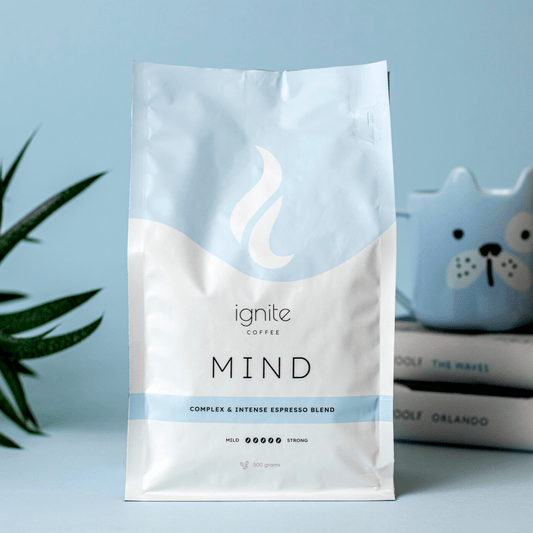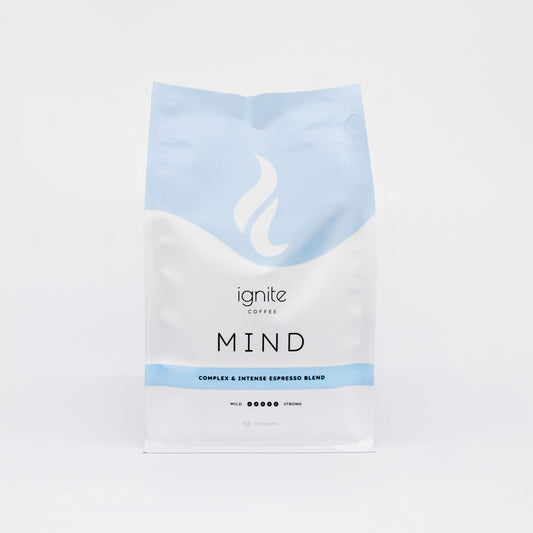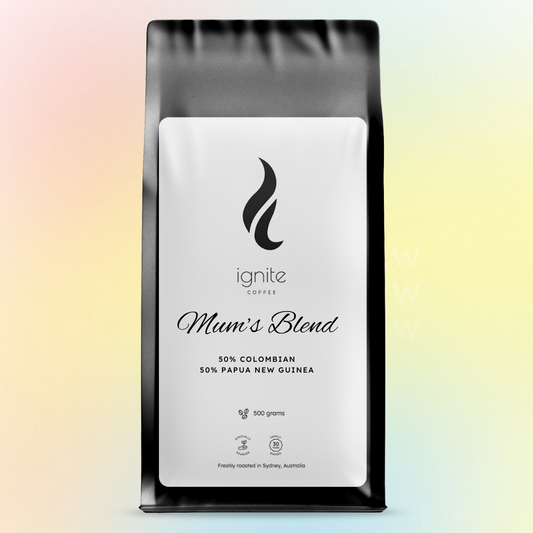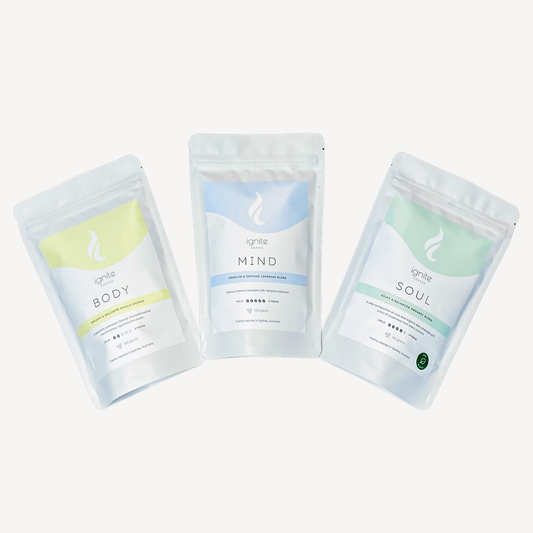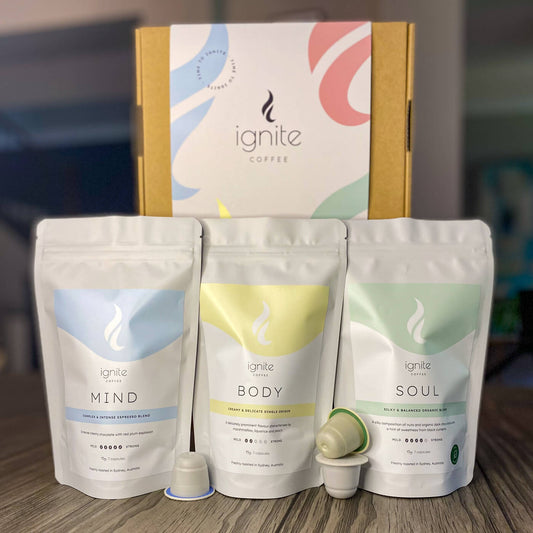Coffee beans are not only a beloved beverage ingredient but also a subject of curiosity for many. In this blog post, we will delve into some common questions and misconceptions surrounding coffee bean so let's explore the fascinating world of coffee beans!
When to buy coffee beans?To enjoy the freshest coffee, it's recommended to buy coffee beans as close to the roasting date as possible. Many specialty coffee roasters provide the roasting date on their packaging, allowing you to choose the freshest beans. Buying from local roasters or reputable online sources can ensure you have access to high-quality, freshly roasted coffee beans.
When should you use coffee beans?
Coffee beans should be used when they are fresh and within their expiration date. As mentioned earlier, unopened bags of coffee beans can last 6 to 9 months from the roasting date. Once opened, it's best to consume the beans within 2 to 3 weeks for the best flavour.
When are coffee beans at their best?
Coffee beans are at their best when they have been freshly roasted and properly brewed. Roasted beans should ideally be used within 2 to 4 weeks from the roasting date to enjoy their optimal flavour. Additionally, freshly brewed coffee is best consumed immediately after preparation to savour the richness and nuances of the beans.
When do coffee beans expire or go bad?
Coffee beans, like most food items, have a shelf life. However, unlike perishable goods, coffee beans can last longer if stored properly. On average, unopened bags of whole coffee beans can stay fresh for up to 6 to 9 months from the roasting date. Once opened, they are best consumed within 2 to 3 weeks to enjoy their optimal flavour.
Why are coffee beans roasted?
Coffee beans undergo the roasting process to develop their flavours, aromas, and characteristics. Roasting helps transform the green coffee beans into the familiar brown beans we use for brewing. The heat during roasting causes chemical reactions that create complex flavours and remove the natural grassy taste of the green beans.
Why are coffee beans oily?
Coffee beans can appear oily due to the presence of natural oils called coffee oils. These oils are released during the roasting process and contribute to the flavours and aromas of the coffee. The oils give certain coffee beans a shiny appearance but do not necessarily indicate freshness or quality.
When should you freeze coffee beans?
Freezing coffee beans can help extend their freshness. If you need to store coffee beans for an extended period, it's advisable to divide them into small airtight containers or resealable bags and freeze them. However, ensure that the beans are properly sealed and protected from moisture to prevent any degradation in flavor.
When should you grind coffee beans?
For the freshest and most flavourful cup of coffee, it's recommended to grind your coffee beans just before brewing. Ground coffee beans start losing their freshness and flavour within hours of being exposed to air. Invest in a good quality burr grinder and grind the beans right before you're ready to brew for a truly aromatic experience.
Where do coffee beans come from?
Coffee beans come from the fruits of the Coffea plant. These fruits, often referred to as coffee cherries, contain the coffee beans as their seeds. The cherries are harvested and processed to extract the beans, which are then roasted and ground to make the coffee we enjoy.
When do coffee beans grow?
Coffee beans are grown in countries located within the "Coffee Belt," which spans the equator between the Tropics of Cancer and Capricorn. The exact harvest time varies depending on the coffee variety and the region, but in general, coffee beans are harvested between September and December in the Northern Hemisphere, and April to July in the Southern Hemisphere.
When is the best time to harvest coffee beans?
The best time to harvest coffee beans is when the cherries are ripe. This varies depending on the coffee variety and growing region. Harvesting at the right moment ensures the beans have developed their optimal flavour and sugar content, contributing to a better-tasting cup of coffee.
Will coffee beans hurt dogs?
Yes, coffee beans can be harmful to dogs. Coffee beans, like other caffeinated products, contain methylxanthines, specifically caffeine, which can be toxic to dogs. Consumption of coffee beans can lead to various symptoms such as restlessness, increased heart rate, tremors, vomiting, and even seizures. It's essential to keep coffee beans and any caffeinated products out of reach of your furry friends.
Will coffee beans absorb odors?
Coffee beans have the ability to absorb odors. Due to their porous nature, coffee beans can absorb and retain the smells around them. This property makes them useful for neutralizing unwanted odors in certain scenarios, such as placing coffee beans in a container to absorb refrigerator odors.Will coffee beans hurt my dog?
Yes, coffee beans can be harmful to dogs, as mentioned earlier. The caffeine content in coffee beans can negatively affect a dog's central nervous system and lead to various health issues. It's crucial to keep coffee beans away from dogs and seek immediate veterinary care if ingestion occurs.
Will coffee grounds hurt plants?
Coffee grounds can be beneficial to plants when used in moderation. Coffee grounds are organic matter that can add nitrogen, potassium, and other nutrients to the soil. However, excessive use of coffee grounds can alter the pH levels of the soil, potentially harming certain plants. It's best to use coffee grounds as part of a well-balanced compost or mulch mixture.
Will coffee grounds kill weeds?
Coffee grounds have some weed-suppressing properties, but they are not a guaranteed weed killer. Coffee grounds can inhibit the growth of some weeds due to their caffeine content and ability to affect seed germination. However, they may not eliminate all types of weeds. It's important to use other weed control methods in conjunction with coffee grounds if weed management is a concern.
Will coffee grounds hurt my lawn?
Coffee grounds, when used in moderation, can be beneficial for lawns. The organic matter in coffee grounds can improve soil structure and provide nutrients. However, it's crucial to avoid excessive use of coffee grounds, as they can alter the pH of the soil. Using coffee grounds as part of a compost or in small amounts as a top dressing can be beneficial.
Conclusion:
Coffee beans are not only a source of delicious beverages but also a subject of intrigue. From understanding the potential risks to pets and the effects on plants to exploring the reasons behind roasting and their use in various beverages, coffee beans offer a world of fascinating insights. Embrace your curiosity and continue to enjoy the wonders that coffee beans bring to your daily life.


